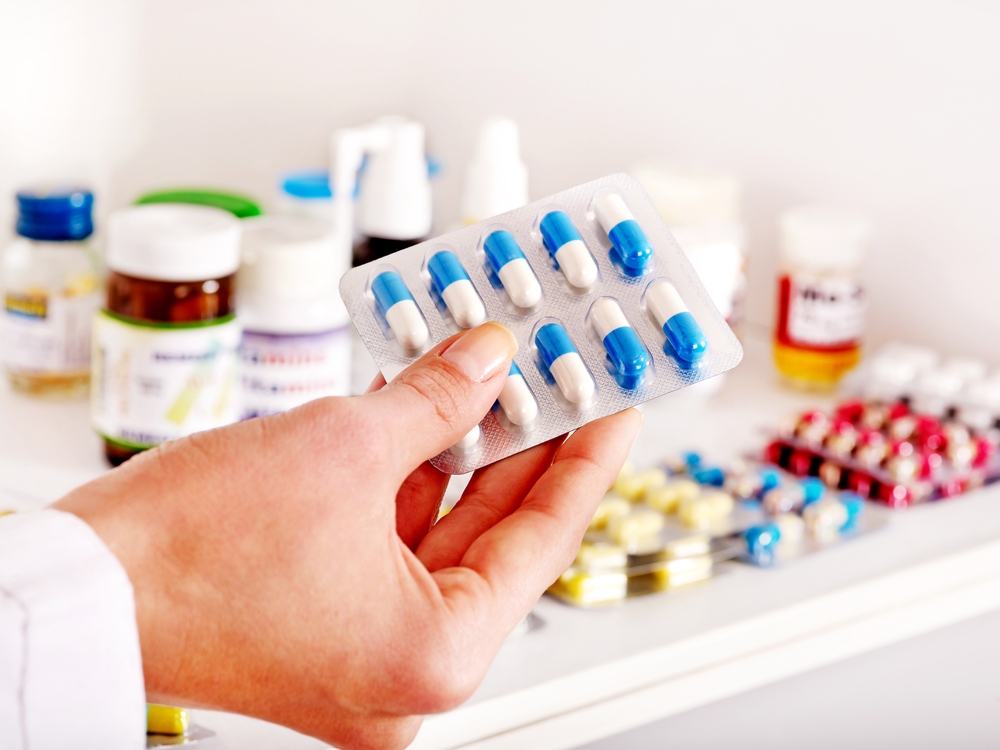
Many sugar lovers always eat a lot of three meals a day or cannot help eating a lot of snacks because they eat a lot of food. In this way, the total energy exceeds the standard and the blood sugar is naturally not well controlled.
Today, Dr. Clove will introduce a class of oral hypoglycemic drugs, [dipeptidyl peptidase-4 inhibitor], abbreviated as [DPP-4 inhibitor], which can solve this problem well.
[DPP-4 inhibitor] is a relatively new oral hypoglycemic drug listed in China in recent years. The drug name is often [XX liptin], including rigliptin, sigliptin, sagliptin, agliptin and vegliptin.
Blood sugar war, cover meritorious
After people’s blood sugar rises, they need insulin to reduce their blood sugar. At this time, there is a [blood sugar war] in our bodies: one is the increased blood sugar, the other is the blood sugar reduction force with insulin as the vanguard.
In the hypoglycemic troops, insulin takes the lead as the vanguard, and behind them there are [intestinal pancreatotropin] secreted by intestinal tract. They are [drummers] on the battlefield, which can promote islets to secrete insulin. In the [blood sugar war], 50% ~ 70% of insulin secretion is related to them.
However, this powerful [drummer] also has natural enemies. They are [dipeptidyl peptidase] (DPP-4 for short in English), which is specially responsible for decomposing [enterotropin] that has completed the task. As a result, [drummer] is disarmed, and the islets of the pancreas lack the motivation to secrete more insulin. Insulin secretion decreases, and blood sugar will not continue to drop.
For normal people, this process is of course appropriate, otherwise [enterotropin] has been beating drums and gongs to stimulate islets to continuously secrete insulin. Excessive insulin will lead to hypoglycemia.
However, for sugar lovers, the blood sugar level is too high. To win the [blood sugar war] and maintain the blood sugar at a reasonable level, more insulin is needed.
At this time, DPP-4 inhibitors are the cover experts. They can hold [DPP-4] back from premature decomposition of [pancreatotropin]. [pancreatotropin] has no worries, and can continuously cheer up islets, making islets secrete more insulin to reduce blood sugar.
In this way, the blood sugar of sugar lovers can be controlled within a reasonable range.
Second-line hypoglycemic drugs, [war sugar generalists]
In China, DPP-4 inhibitor is a second-line hypoglycemic drug with good hypoglycemic effect. DPP-4 inhibitor is very good at controlling fasting blood glucose and postprandial blood glucose.
In addition, they are also [war sugar versatile] and have many advantages:
- Protecting islet cells: increase the number of islet cells, prolong their life span, improve their production efficiency, and prevent blood sugar from rising and falling; Inhibit the secretion of some glycemic hormones in the body; Inhibit appetite: slow down the emptying speed of stomach and solve the problem of fast hunger; Protective effect on organs: Different DPP-4 inhibitors have protective effects on cardiovascular diseases and kidneys; Side effects are small: it does not cause obesity, and when applied alone, it basically does not cause hypoglycemia.
DPP-4 inhibitors are easy to take and can be taken before, during or after meals without special restrictions. Vigliptin needs to be taken twice a day, while other DPP-4 inhibitors only need to be taken once a day.
DPP-4 inhibitors are generally used in adult type 2 diabetes patients without diabetic ketoacidosis, and are not recommended for pregnant women, lactating women and patients with severe gastrointestinal diseases.
Safe medication, these need to know
Although DPP-4 inhibitor has many advantages, there are still some points to pay attention to when using it.
1. Adverse reactions
Possible adverse reactions include:
- Nasopharyngitis: manifested as nasopharyngeal dryness, cough, sore throat, etc. A headache; Nausea and constipation; Upper respiratory tract infection: manifested as sneezing, nasal obstruction, runny nose, sore throat, etc. Allergy: manifested as skin rash and pruritus; Damage to liver function: manifested as loss of appetite, aversion to oil, fatigue, etc. Blood tests found elevated liver transaminase.
Of course, we don’t have to worry too much. The probability of adverse reactions is very small. If relevant situations are found, stop taking drugs in time to see a doctor and ask the doctor to deal with them.
2. Liver and kidney function is not good, attention should be paid to
For patients with type 2 diabetes with poor liver and kidney function, the use restrictions of different DPP-4 inhibitors are different, and everyone should take drugs under the guidance of doctors. For details, please refer to the following table.
